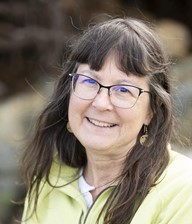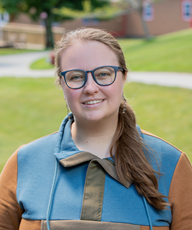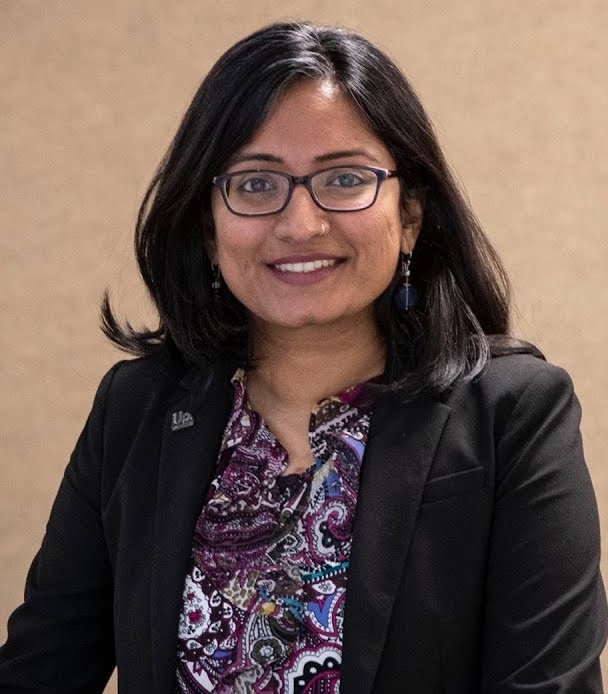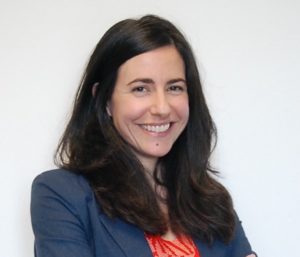Apply now to join our next cohort of Community Science Fellows and Community Leads!

A shaded-hexagon world map of observations on Anecdata.org; Darker areas indicate areas with more observations. Anecdata is home to over 70,000 observations to date, including observations in Asia, South America, Africa, Australia, as well as across North America and Europe. Photo courtesy of Anecdata.org
Anecdata.org is a free online citizen science platform used by hundreds of organizations and thousands of participants to collect, manage and share data from community science projects. The Anecdata team develops new tools and functionality that help community science projects for data analysis, visualization, civic engagement and communication. We are working to better understand the needs of project leaders and how these new tools would best help them to make an impact in their communities.
The Anecdata platform is home to many communities worldwide. Anecdata was launched in 2014 as a solution for managing data at the MDI Biological Laboratory’s Community Environmental Health Lab, and then opened up the platform to projects outside the MDI Biological Laboratory in the following year. The Anecdata platform is home to over 250 community science projects and is used by more than 11 thousand users. These projects range in size and are led by NASA, the South Carolina Aquarium, Colorado State University and Schoodic Institute to name a few. More than 74 thousand observations have been collected during these projects, including community litter clean ups, water quality monitoring, and photo documentation of streamflows.
Anecdata is a platform for community science project managers, participants, and practitioners who are working to bring about change in their communities by collecting and sharing environmental data. Anecdata supports a broad range of projects, the number of which has grown exponentially. Many of these share common themes and data collection methods. These include water quality monitoring, observations of litter and debris on shorelines and in urban areas, photographic observations of sea level rise, and long-term monitoring of animals, plants and trees. The team has identified a critical need for these projects to easily analyze, interpret, and visualize the data they collect.
To enable users to analyze and visualize their data, Anecdata.org seeks to learn more about communities’ capabilities, goals and needs for data analysis, visualization and communication tools.
The Anecdata.org team is conducting an analysis to identify commonalities across the types of projects (eg., observations of sea level rise, observations of human impact on natural resources) and which data types are used to record observations within the project categories. Anecdata.org is interested in understanding how project leads and users are using datasets, their needs for data analysis, their needs for data visualization and other communication tools. Based on these findings, Anecdata.org aims to develop a set of tools and education to serve users within these project types.

Cait Bailey
Cait is a graduate of the University of Maine, co-founder of and development lead for Anecdata.org, and works as a Systems Developer at the MDI Biological Laboratory. Her focus is on the technological and strategic advancement of the Anecdata.org platform to help projects achieve their goals, using an agile development approach to iteratively integrate feedback from project managers and community scientists. She is an advocate of open data access and affirmative action for marginalized groups in community science.

Jane Disney, Ph.D.
Jane is Associate Professor of Environmental Health at the MDI Biological Laboratory, where she has worked in the field of engaging community members to advance human and environmental health for over 20 years.

Alexis Garretson
Alexis is the Lab Manager of the Community Environmental Health Laboratory at the MDI Biological Laboratory where she manages the long-term environmental monitoring projects and supports the stewardship of the data collected on Anecdata.org. She is also currently a PhD student at the Jackson Laboratory and previously completed an MS in evolutionary biology at George Mason University.

Renu Pariyadath
Renu Pariyadath is a qualitative researcher and critical theorist who studies how communication drives processes of social change, especially in communities organizing for environmental health and justice. She uses interviewing, participant observation, ethnographic fieldwork and transnational feminist theory to gather and analyze data. Renu is an Associate Professor of Communication at University of South Carolina and received her Ph.D. in Communication Studies from the University of Iowa.

Dana Kochnower
Dana Kochnower is passionate about the intersection of climate science, storytelling and civic engagement. She is currently a Vice President in the Social Change Group at Ogilvy working with FEMA to help communities understand their risks and strengthen resilience to natural hazards. She has a background in broadcast journalism and holds a master’s degree in Marine Biodiversity and Conservation from Scripps Institution of Oceanography.
MDI Biological Laboratory
The MDI Biological Laboratory is a research institution located in Bar Harbor, Maine focused on biological and environmental research. MDIBL houses Anecdata.org and supports the ongoing community science projects on the platform.
South Carolina Aquarium
The South Carolina Aquarium is one of the earliest adopters of the Anecdata platform. They have worked with the Anecdata team to initiate the development of new features, provide feedback on usability of the site, and help to advance the capacity of Anecdata to meet the needs of projects around the globe.
(c) 2025 Thriving Earth Exchange